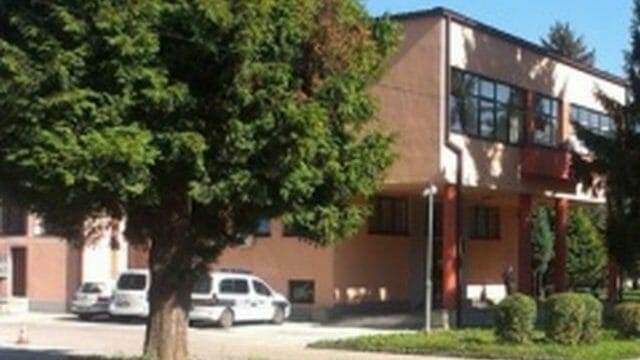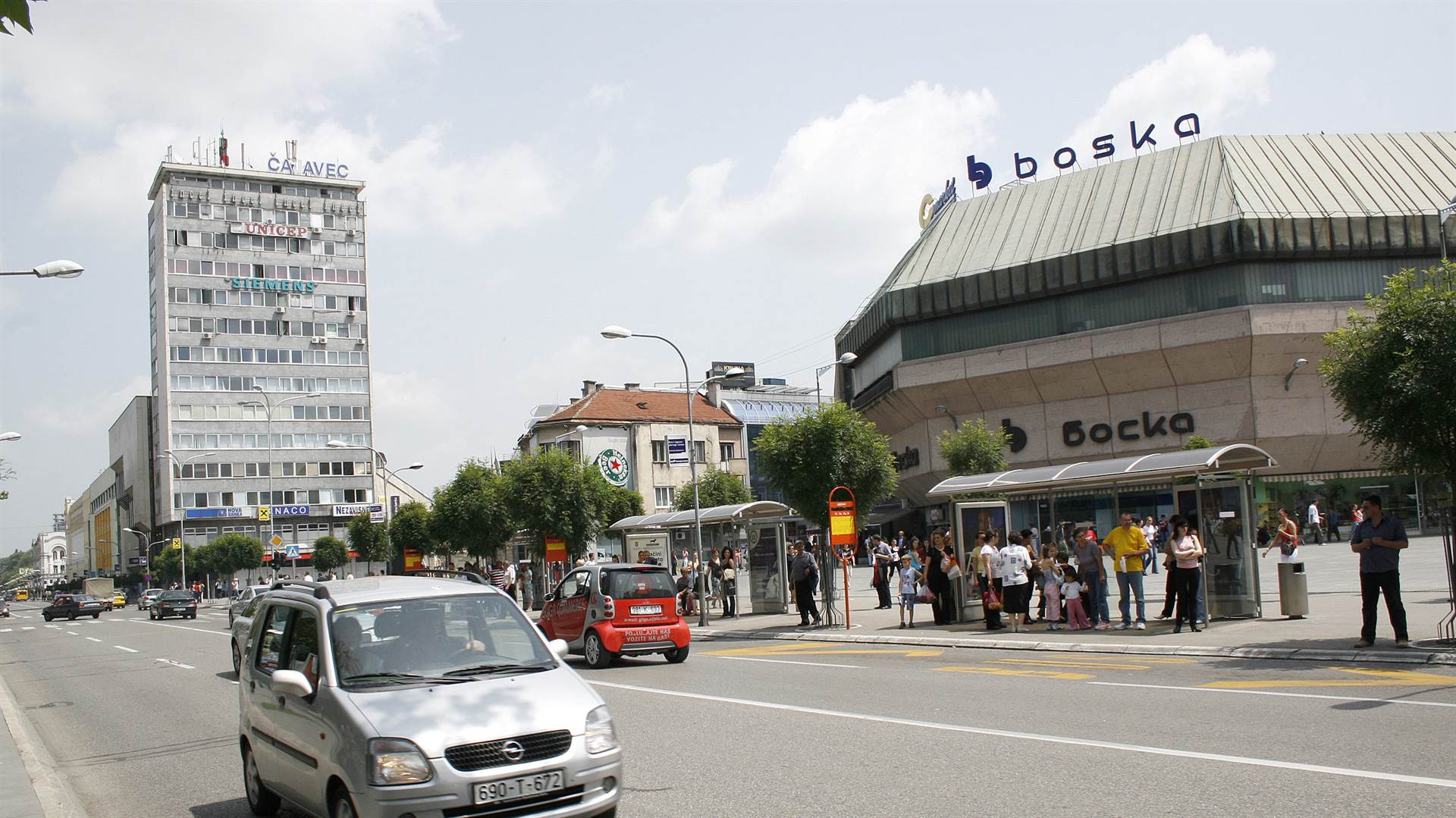This post is also available in: Bosnian
The first defence witness in the case, Edin Kovacevic, a warden at a wartime detention centre in Cazin, told the Bihac cantonal court on Friday that in March 1995, Bosnian Serb prisoners of war were taken from the centre to be released as part of a prisoner exchange.
Our relationship with the prisoners was close and I remember some of them were sad on the day they left the centre. What was strange to me was that the prisoners had their eyes covered when they were taken, said Kovacevic.
When he asked why the prisoners were blindfolded, a military policeman told him not to worry, he said.
The second witness at Fridays hearing, Dzevad Bajric, said that he was one of the military policemen who transported the prisoners of war from Cazin and Bihac to Izacic, where the exchange happened.
There were ten of us who transported the prisoners of war. We went to Cazin and then Bihac. Someone ordered the prisoners to be blindfolded, said Bajric.
He added there was some beating in the bus, and songs, but that he didnt see who hit the prisoners.
Asked whether he saw defendant Husein Begic among the military policemen, Bajric replied that he did not.
Begic is charged, alongside Safet Kovacevic, Muhamed Anadolac, Abid Ljubijankic and Sabahudin Hafuric, with crimes against prisoners of war on March 11, 1995. According to the indictment, Kovacevic, Anadolac, Ljubijankic and Hafuric kicked and beat prisoners with police batons, rifle butts and fists, and made them sing Bosnian patriotic songs.
Begic was a commander of the Bosnian Army Fifth Corps military police, while the four other defendants were military policemen.
Three defence witnesses also testified on behalf of Hafuric on Friday, all insisting that the defendant was on the frontline near Velika Kladusa on March 8, 1995, and for the next eight days, during the period in which he is accused of committing the crime.
There was no chance for anyone to get out of there. I couldnt and Hafuric couldnt. I remember that period because we had a lot of men killed and wounded, said one of the witnesses, Fadil Muslic.
The trial continues on June 13.


